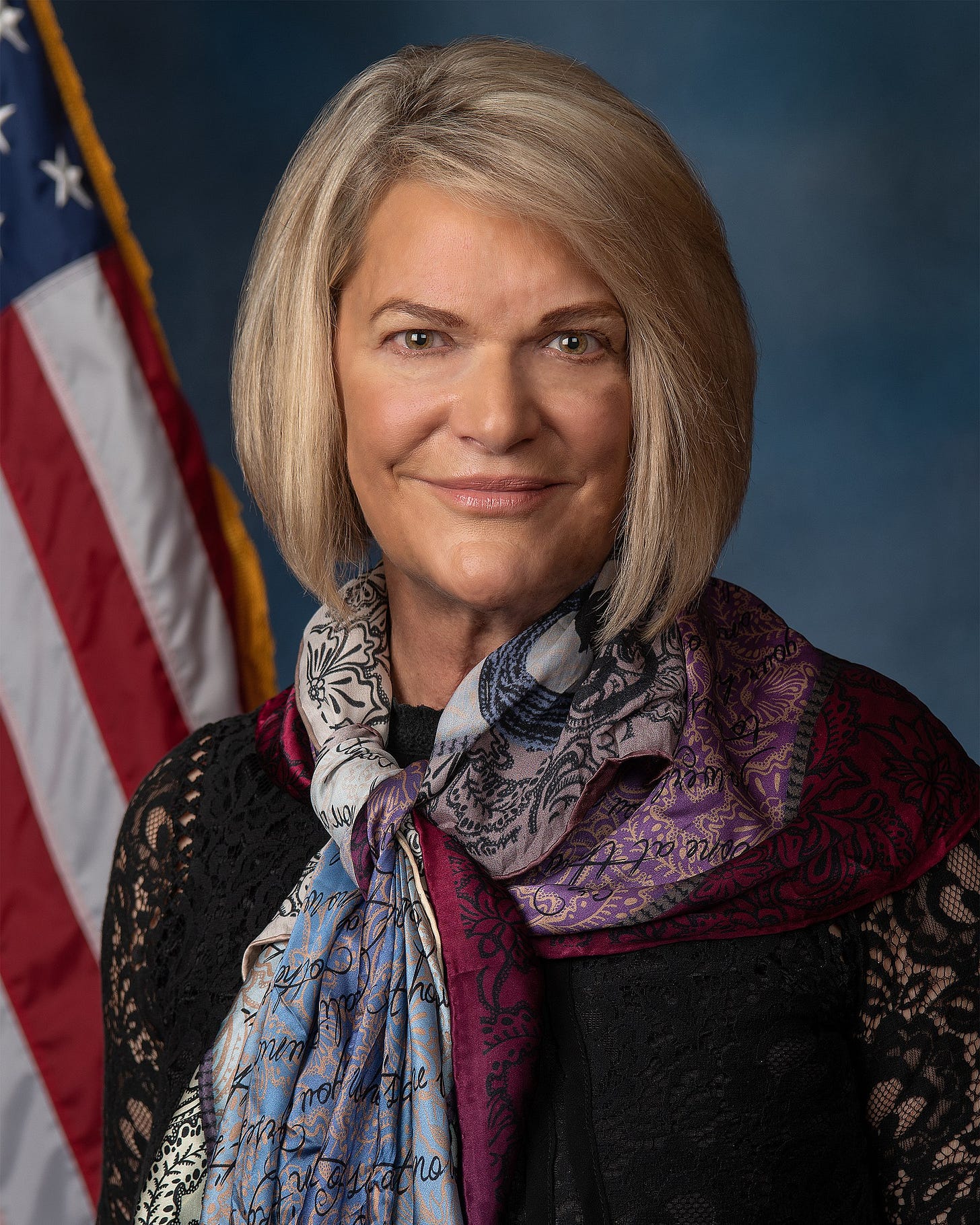We can still open our pastures' gates
when cowboys open them.
Bob and Cowboy Jake were putting the saddles on our backs. I didn’t know yet where we’d be headed. While we were getting ready to head out, Bob started talking.
“You remember the ranch out east, the one that had the horses with smart watches around their legs?”
“Sure do,” replied Jake.
“I got a call from them this morning. They have to throw their hay over the fence because they can’t open their gates anymore.”
Jake looked puzzled. So was I. But Bob continued:
“Smart pastures have become mandatory in the eastern states. Therefore, they must now use near field access control to their gates. They only open when both horse and rider’s digital IDs have been embedded into their smartwatches’ operating systems.”
“Wow … why make it that complicated?” Jake wanted to know, and so did I.
“They say it protects children online. Let’s go.” was Bob’s final remark before we headed out.
If this sounds surreal, well, maybe it shouldn’t. It can be baffling to observe measures communicated by authorities around the world as being “necessary to protect children online.” At first, let’s not forget Canadian Bill C-63, which was put forward by the Liberal party last year and announced by then-Prime Minister Trudeau as a bill that does exactly that, i.e. only what is “necessary to protect kids online according to ‘the experts.’” He also stressed that the proposed legislative text would maintain safeguards for Canadians’ freedom of expression. Yet we were among the first to analyze the proposal and find it to be quite a bit more than a text that only codifies what is “needed to protect children online.” The original Bill C-63 would have allowed the government to place individuals who had not committed any offense, yet deemed “probable to commit a hate crime in the future” under house arrest and 24/7 surveillance. Would those deemed “probable to commit a crime in the future” ever have been members of the ruling party? Most likely not. A possible outcome of Bill C-63, therefore, could have been an effective end to democracy in Canada. Of course, that is “necessary to protect kids online.”
Because it was so egregiously draconian, Bill C-63 garnered staunch opposition. It was eventually suspended when Prime Minister Trudeau prorogued the Parliament earlier this year. However, the Liberal party has announced the intent to resuscitate it in the upcoming legislature. We don’t know what the next proposal will stipulate, but we can only hope that it will be much watered down. The Liberal Party is pretty clear in its messaging though, which seems to amount to: “our radical left bias shall be enforced.” Under its rule, it has been perfectly acceptable to disrupt downtowns in the name of pre-approved causes, even some that align with foreign terrorist organizations, like Hamas. On the contrary, harsh punishment is doled out to those who dare and organize peaceful, grassroots protests for individual freedoms, sing Christian songs, say essential, universal truths, like there only being two genders, or fail to “prevent wildfires” by hiking or fishing. Apparently, “the experts” have reached a “broad consensus” that hiking has now become the leading cause of wildfires...

One can only imagine what life would be like, if each of these causes were to be enforced on online comments. That unfortunately seems a possibility in Canada now. Yet in spite of its ideologically very different government, strides are made in that direction in the United States as well. In the US Senate, the “Kids Online Safety Act” (KOSA, formally SB 1748) was recently reintroduced with bipartisan support. It was originally introduced and passed before the last presidential election, but had failed to pass the House of Representatives, largely due to justified concerns that KOSA could have a detrimental impact on online free speech.
This time around, the Act has been reintroduced, with what appear to be rather minor modifications. In spite of its previously discussed drawbacks, a broad group of Senators have indicated their support. That group includes the Senate Leaders of both parties, John Thune (R-SD) and Charles Schumer (D-NY).
Since the proposed bill is entitled “Kids Online Safety Act,” one would expect it to be focused with laser precision on children, right? Well, if we read the bill with that assumption in mind, we encounter several paragraphs that turn out to be quite astounding. For instance, Section 107 instructs the Federal Communications Commission (FCC) and Federal Trade Commission (FTC) to
“conduct a study evaluating the most technologically feasible methods and options for developing systems to verify age at the device or operating system level.”
Let’s read that again: “At device or operating system level.” Really? The purported reason why the bill has been drafted, is to protect children from harms resulting from exposure to age-sensitive content at “online platforms.” To that intent, the bill clearly defines what an “online platform” is. Even if we agreed blanket age verification on said platforms to be the desired solution, the bill should start by limiting the age verification to those platforms. They could implement it in a much gentler way, e.g. by running a face scan and using an algorithm to estimate age upon account creation, which could potentially be overruled by scanning physical ID in case of doubt or dispute. There really is no justification to link all of our digital activity to a digital ID at system level. Whether we do or do not have a digital ID embedded into our operating systems when we start typing a local text document, has no impact on any child’s online safety whatsoever. However, it comes with great risks. Let’s start by outlining the most straightforward ones before we dive into speculative territory.
Should we end up with mandatory digital ID at system level, what happens when the digital ID gets hacked? Outside Africa, few are aware that Nigeria has been one of the first countries that have rolled out a nationwide digital ID. Well, it also has become one of the first countries where the national digital ID registry has been compromised. In June, it was possible to buy sensitive government data on Nigerian citizens in some darker corners of the internet for just one hundred Naira. If anything, it seems that a nationwide rollout of digital ID is a direct path to rampant identity theft. We should note that such identity theft would also be identity theft on steroids, since the digital ID can be used as an entirely digital way to, say, sign off on financial transactions. The conclusion from the Nigerian data breach should therefore be that we need more research to develop a secure architecture for such as system. However, governments around the globe are racing to roll out “digital public infrastructure,” as is witnessed by this section on KOSA, by the “BritCard” the United Kingdom’s Labour government intends to deploy, or by the fast-tracked legislative proposal underway in Brazil (PL2628/2022), which is eerily similar to KOSA’s language on mandatory age verification and removal of content “offensive to minors.”
(If you like this post, please consider to subscribe. The free tier can be accessed without a BritCard)
Besides security issues, it is obvious that online anonymity will be much harder to maintain, if not become impossible, if a digital ID is rolled out at system level. We need online anonymous publishing. At any time, abuses of the then-prevailing system exist and merit to be exposed. Whistleblowers and investigative journalists need to be able to operate in a sphere of anonymity to catalyze change. We have witnessed that very explicitly over the last few years. Many online influencers have seen retribution, such as loss of their jobs or professional licenses at the behest of some less-than-admirable objectives. Linking all activity to a single ID makes it much easier to identify each of these persons, which can then be abused to silence dissent.
Further issues can be pointed out regarding KOSA. At first, it empowers the Federal Trade Commission as the enforcement mechanism to define what resorts under the “harmful content” outlined in Section 102. While the present FTC may interpret that reasonably, I can perfectly imagine a future FTC that deems writing that there are only two genders to be “online harassment that is objectively offensive.” By virtue of the Act, such a statement can then no longer be presented to children online, in spite of being an absolute and immutable truth.
Finally, Sections 104 and 105 of this Act impose a quite high administrative burthen on the online platforms targeted. Such administration may be easy to comply with for the biggest tech companies, yet not so easy to adhere to for smaller companies, let alone new market entrants. It may therefore effectively stifle competition in the social media sphere and end up being suffocating to innovation.
All of these drawbacks can be deduced directly from the present proposed draft legislation. Given these flaws, it is already a good question why so many Senators support it. However, let’s take the thought process a few steps beyond the actual text. If system level digital identity is mandatory, it is literally impossible to work on any computer without. Moreover, let’s recall that the most popular operating systems have started embedding artificial intelligence and we are deliberately kept in the dark as to what that AI does.
Presently, if a user starts typing a document that is true, yet not aligned with current government narrative, nothing happens. We are still free to write our thoughts and to publish them. However, if a user does the same on an AI-embedded operating system with digital ID check, the AI may actually detect “dangerous misinformation” at the point where it is typed and report it back to the authorities, entirely unbeknownst to the user. That already is scary, but it can get worse. What if digital ID is not only linked to what we type, but also to our finances?
An effort with global reach seems to be underway to reshape currency systems. In the US, this is most prominently underscored by the recently passed GENIUS Act, that provides a regulatory environment for stablecoins. Stablecoins are digital tokens, whose transactions are recorded in digital ledger technology inherited from cryptocurrencies, but whose value is backed by government-issued treasury bonds. Therefore, they are pegged to a state-backed currency. As opposed to cryptocurrencies, the mere fact that stablecoins hold large amounts of US Treasuries requires them to comply with the rules and regulations of the dollar denominated financial system. However, their broad deployment can be far more insidious than most are aware of.
Today’s stablecoins are already implemented as smart contracts. Such contracts are essentially short pieces of code that control the modalities of transactions and are executed at the time of the transaction. Today’s smart contracts for stablecoins solely concern the transaction of tokens (digital money). However, it is technically very easy to insert other prerequisites for a transaction to take place. For instance, it isn’t hard at all to link execution of smart contracts to the digital ID of the owners of both sender and receiver, and to only validate the transaction if no red flags are associated with those persons. I don’t expect stablecoin issuers that grew big in the crypto environment to implement such modifications. Lo and behold though, since the GENIUS act provides for a legal framework that makes stablecoins mainstream, we may soon see less crypto native companies issue a stablecoin. Good candidates for such companies are internet giants, like Meta. With Meta being a company that already deletes accounts that spread “dangerous misinformation,” it would be extremely dangerous to see them develop into an entity with power over finance. Here, we note that, in spite of its founder Mark Zuckerberg’s recent bogus “pro-freedom” makeover, Facebook still censors aggressively. For instance, it closed independent newspaper Epoch Times’s account for truthfully reporting that the arctic ice caps have not decreased for the last twenty years. In fact, Epoch Times is one of the last newspapers in the United States that does independent fact-checking and investigative reporting itself, rather than relying on extremely left-biased organizations like Snopes.
The doom scenario in the last paragraph need not materialize. All we need are legal assurances that the ability to transact can never depend on any opinion, statement or other form of expression by the account holders. Since the GENIUS Act is already all about regulation, it shouldn’t be too hard to bring such a tiny bit of regulation in as an amendment. The same should be done for legacy banking. We have to make access to checking accounts and debit cards subject to stipulations similar to those for utility companies, such that access cannot be determined by random woke bureaucrats who do not like what certain customers say and close their bank accounts for “reputational risk.” Let’s be serious, not a single bank will collapse because of “reputational risk” for providing essential services to individuals, no matter how (in)famous those individuals may or may not be. On the contrary, it is pretty challenging to get around in our digitized society without access to basic financial services. Finally, let’s also stop abusing the emotional appeal of “protecting children online” and only reserve that phrase to where it truly applies. Neither digital ID, nor stablecoins, “protect children from online harms.”

We ended up having an enjoyable ride though floral, verdant (and tasty!) meadows. When we returned by the evening, children were playing out in the yard behind the ranch house. “Turns out the best protection for children online, is to have them play offline,” Bob said as he fired the smoker up for dinner. Jake opened the gate and walked me into the stable. In these parts of the country, the gates still open without digital ID. I still know who I am without it too.




The latest invention aimed at introducing digital ID in the US is 'KOSMA,' or the 'Kids off Social Media Act,' which is close to a copy of the under age social media ban in Australia.
https://publicinterestprivacy.org/comparing-provisions-kosma-kosa/
Rest assured, once digital ID exists to 'protect children online,' it will be used for other purposes, using the 'convenience' that it exists.
We do not need digital ID to 'protect children online.' Just like parents and teachers keep an eye on children to make sure that they cannot consume alcohol, marijuana, or tobacco, good adult supervision can make sure that they don't use social media. If we want to be absolutely sure, a much more effective way forward is to ban smartphones for under-18s, along with measures to ensure that they do not need a smartphone anywhere, such as a ban on QR codes as a digital means of access and a guarantee that cash be accepted as a means of payment in any venue where under-18s can be expected to need to make payment.
Apparently, US legislative efforts to erode freedom and increase tracking and surveillance under the bogus disguise of 'protecting children online' has now moved beyond the horrible privacy and speech restrictions that could already emanate from COPPA and KOSA alone into a package of legislative proposals. As usual, the package was introduced deliberately abusing the emotional appeal of "protecting children online." It is titled the "Kids Online Safety Package." This package needs to be stopped. We don't need digital ID and we definitely don't need it at the operating system level. Instead of COPPA and COSA, we need SOTA and SOSA, the "Stop Online Tracking" and "Stop Online Surveillance" Acts.
https://reclaimthenet.org/as-expected-a-hearing-on-kids-online-safety-becomes-a-blueprint-for-digital-id